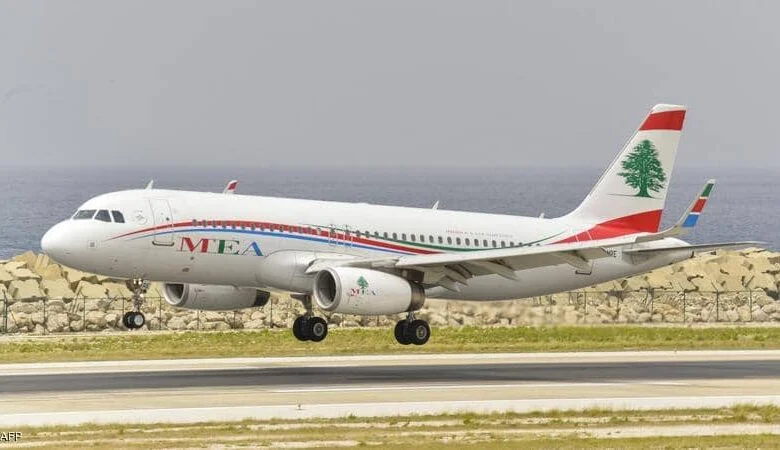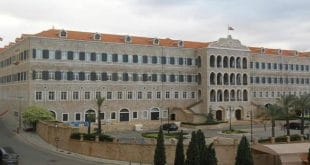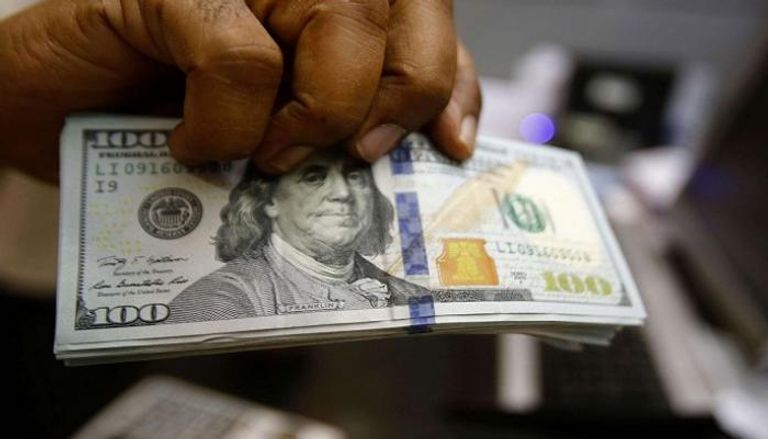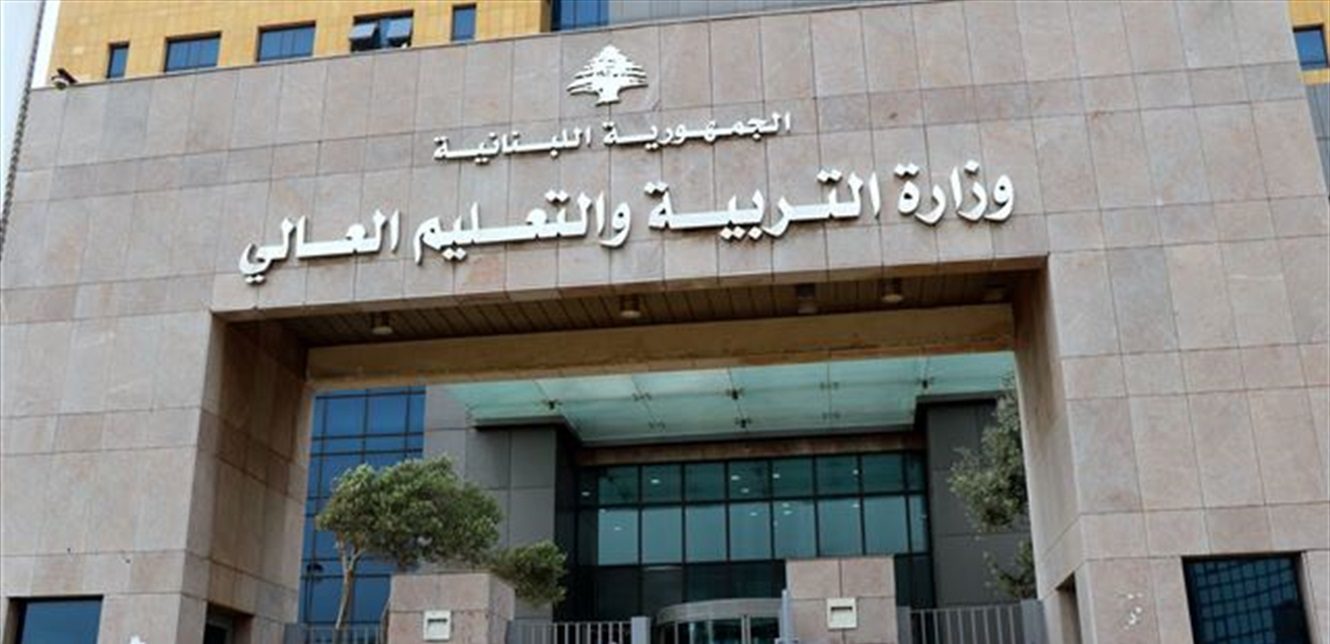يسترجع الاقتصاد اللبناني بوتيرةٍ متسارعةٍ انكشافه على الارتفاع الحاد لمنسوب المخاطر السيادية، ربطاً بالتصعيد الميداني والتحذيرات الدولية لاحتمالات توسعة الحرب، وما يترتب على ذلك من نتائج وتداعيات مباشرة وغير مباشرة على كل القطاعات الإنتاجية.
ولم يعد الانتهاء المبكر للموسم السياحي الصيفي في لبنان بحاجة إلى إعلان رسمي في ظل كثافة حركة المغادرين يومياً عبر مطار بيروت، وإلغاء الكثير من الحفلات الفنية والمهرجانات في العاصمة والمناطق، ما يعني تلقائياً تكبد القطاع بمرافقه الفندقية والسياحية والمطاعم والملاهي خسائر جسيمة تفوق، حسب التقديرات، 3 مليارات دولار، غير قابلة للتعويض آنياً بسبب قرب نهاية فترة العطلات السنوية التي يعوّل عليها بتوافد الزائرين.
ووفق رصد تقرير لأحد المصارف اللبنانية، فإنه مع الأداء الواهن الذي سجله الاقتصاد اللبناني خلال النصف الأول من عام 2024، جراء التداعيات السلبية للحرب في الجنوب وتأثيرها على القطاع السياحي والاستثمارات، يقف المستثمرون في حالة ترقب وعدم اتخاذ قرار بالاستثمار، أو بأقل تقدير قاموا بتأجيل قراراتهم السابقة. وحسب التقرير، لقد «بات المستثمرون في حال انتظار في ظل ضبابية الأوضاع الأمنية في البلاد، التي من شأنها أن تؤثر بشكل سلبي على الآفاق الماكرواقتصادية والمالية في لبنان».
وبالفعل، بادر رئيس اتحاد النقابات السياحية ونقيب أصحاب الفنادق في لبنان بيار الأشقر إلى إعلان «نعي» الموسم الصيفي، ليؤكد أن «لا فرص للموسم الحالي، وإذا توافرت فهي بعيدة جداً حيث لا نلحظ أي تطور إيجابي وسط كل التهديدات التي توجه للبلد من كل الجهات، والتي تؤكد أن الحرب لا تزال طويلة».
وحتى قبل اشتداد احتمالات توسعة الحرب، وبعد أن شهدت القطاعات السياحية انتعاشاً نسبياً في مطلع الصيف، كشفت البيانات المسجلة لنهاية يوليو (تموز) الماضي تسجيل تراجع بنسبة 40 في المائة في قطاع المطاعم، وبنسبة 60 في المائة في قطاع الفنادق، لتكتمل مع إلغاء نحو 90 في المائة من الحجوزات بعد حادثة مجدل شمس في الجولان، علماً بأن الأحداث التالية من اغتيالات وتهديدات جاءت أشد وطأة وتأثيراً سلبياً على مجمل أنشطة القطاع السياحي.
بالمقابل، وبخلاف تجارب سابقة، يستمر الغياب الملحوظ للمضاربات على العملة الوطنية في أسواق القطع، وسط استقرار مستمر لسعر الصرف عند مستوى 89.5 ألف ليرة لكل دولار، بالترافق مع انسياب طبيعي لعمليات صرف الرواتب في القطاعين العام والخاص، ومعظمها بالدولار النقدي. كما تستمر عمليات الضخ النقدي للحصص المحددة وفق تعاميم البنك المركزي لصالح المودعين في البنوك، التي تراوح بين 150 و400 دولار شهرياً.
ومن الواضح، حسب مصادر مصرفية معنية، أن السياسات المتشددة التي اتبعها حاكم البنك المركزي (بالإنابة) وسيم منصوري أثبتت فاعليتها في حماية استقرار الليرة من جهة، وفي إعادة تكوين احتياطات سائلة بالعملات الأجنبية من جهة مقابلة، بعدما نجح، عبر التحكم الصارم بكتلة الليرة المتداولة في الأسواق، في تحقيق زيادات بلغ متوسطها الشهري نحو 130 مليون دولار، وبحصيلة إجمالية تعدت نحو 1.6 مليار دولار ليصل الإجمالي إلى نحو 10.3 مليار دولار.
وتشكل الاحتياطات المتوفرة، إلى جانب فوائض حساب الدولة لدى البنك المركزي المقدرة بنحو 5.3 مليارات دولار (بالليرة والدولار المصرفي والدولار النقدي)، عامل اطمئنان في القدرة على تلبية نفقات طارئة تنتجها الحرب المحتملة، لا سيما تأمين التمويل لفواتير استيراد مواد أساسية كالقمح والأدوية والمحروقات الضرورية للمستشفيات والمؤسسات العسكرية، فضلاً عن توفير دعم مالي طارئ للأسر «المهجّرة».
المصدر: علي زين الدين – الشرق الأوسط
### Lebanese Economy Faces Severe Challenges Amid Rising Risks and War Threats
The Lebanese economy is rapidly confronting heightened sovereign risk levels due to escalating field tensions and international warnings about the potential expansion of the conflict. These developments are anticipated to have direct and indirect impacts across all productive sectors.
The premature end of Lebanon’s summer tourism season is evident without the need for an official announcement, given the high volume of daily departures through Beirut Airport and the cancellation of numerous concerts and festivals in the capital and other regions. This situation has led to substantial financial losses estimated at over $3 billion for the sector, which encompasses hotels, tourism services, restaurants, and entertainment venues. These losses are deemed irreplaceable in the short term, as they coincide with the end of the peak holiday period, which typically sees a significant influx of visitors.
According to a report by a Lebanese bank, the Lebanese economy’s weak performance in the first half of 2024, impacted by the negative effects of the conflict in the south and its repercussions on the tourism sector and investments, has led investors to a state of indecision. Many have postponed their investment decisions due to the current security uncertainties in the country. The report notes that “investors are in a holding pattern due to the opaque security situation, which is likely to adversely affect Lebanon's macroeconomic and financial outlook.”
In response to the ongoing crisis, Pierre Ashkar, President of the Lebanese Syndicate of Hotel Owners, has declared the summer season effectively “dead,” stating that “there are no opportunities for the current season, and any that may exist are very distant given the threats facing the country from all sides, indicating that the war could be protracted.”
Before the intensification of the war's potential, and following a relative recovery in the tourism sector earlier in the summer, data from the end of July revealed a 40% decline in restaurant business and a 60% drop in hotel occupancy. Additionally, around 90% of bookings were canceled following the Majdal Shams incident in the Golan Heights, with subsequent events of assassinations and threats further exacerbating the sector's downturn.
Conversely, and unlike previous experiences, there has been a notable absence of speculation on the national currency in the foreign exchange markets. The exchange rate has remained stable at 89,500 Lebanese pounds per dollar, accompanied by a normal flow of salary payments in both the public and private sectors, mostly in cash dollars. The central bank has also continued to disburse cash withdrawals for depositors, ranging between $150 and $400 monthly.
Sources from the banking sector indicate that the stringent policies adopted by acting Central Bank Governor Wassim Mansouri have proven effective in stabilizing the Lebanese pound. These measures, which include tight control over the circulating money supply, have led to an average monthly increase of approximately $130 million, with total reserves exceeding $1.6 billion, bringing the total to about $10.3 billion.
These available reserves, along with the state’s account surpluses at the central bank estimated at around $5.3 billion (in Lebanese pounds, bank dollars, and cash dollars), offer reassurance regarding Lebanon's ability to meet emergency expenses arising from the potential conflict. This includes financing for essential imports such as wheat, medicines, and fuel for hospitals and military institutions, as well as providing emergency financial support to displaced families.
Translated By: Economy Scopes Website
 سكوبات عالمية إقتصادية – EconomyScopes إجعل موقعنا خيارك ومصدرك الأنسب للأخبار الإقتصادية المحلية والعربية والعالمية على أنواعها بالإضافة الى نشر مجموعة لا بأس بها من فرص العمل في لبنان والشرق الأوسط والعالم
سكوبات عالمية إقتصادية – EconomyScopes إجعل موقعنا خيارك ومصدرك الأنسب للأخبار الإقتصادية المحلية والعربية والعالمية على أنواعها بالإضافة الى نشر مجموعة لا بأس بها من فرص العمل في لبنان والشرق الأوسط والعالم




